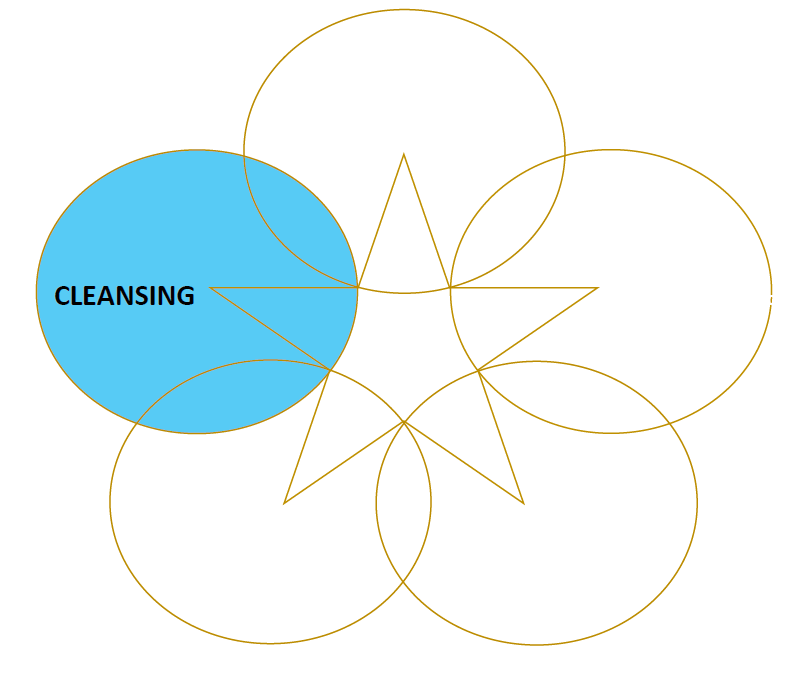 FACTS ABOUT WATER
FACTS ABOUT WATER
Water is one of the main constituting elements of living matter and is the vehicle for all exchanges in the body. Over 60% of the body is made up of water, which means that a man who weighs 70 kg is made of 42 kg of water.
Water is eliminated in different ways. The daily assessment of water in the body includes losses through:
- The skin (vapour) and lungs (0.5 %),
- In excrements (4.5 %),
- And in urine (approximately 1 litre or 95 %).
The body requires a daily supply of 2.5 to 3 litres of water to compensate for losses (drinking water and water contained in food). A good way to determine how much drinking water we should have per day, would be to divide our body weight (in pounds) and drink that amount in ounces. (Ex: you weight 150 lbs – you should drink 75 ounces of water.)
Digestive secretions (including water and what we have eaten) amount to nearly 10 litres per day and are reabsorbed by the small intestine and the colon.
A small amount of this water is formed within the cells and results from the oxidation that occurs there; however, most of the water in the body comes from beverages and food.
VERY IMPORTANT: Water can also be absorbed by the skin while taking a shower or bath. This questions the soaking therapy in bath water and mineral salts. While soaking, you are not only absorbing the salts and the water, but also what is in the water. Chlorinated water is not necessarily the best water to be absorbed by your skin. Whatever benefit that you get from the salt, will be counteracted by the harm that the chlorinated water is doing to your body. Soaking in chlorinated water is not a healthy solution. Having a massage to activate the lymphatic system and drinking water would be more beneficial than soaking in chlorinated water.
- Total water = 60 to 70% of body weight.
- Plasma water (water contained in the blood vessels) = 4.5%.
- Extracellular water = 16% of body weight.
- Total fasting can lead to a 9% weight loss in two days, 5% on the third day, and then 1.5% the following days. (However, this should not be done without the consultation of your practitioner).
- Two elements are necessary for the body to cleanse itself:
- Plant fibre – To accelerate digestion and help form stools.
- Water – To help produce urine.
- The amount of water contained in the food we eat varies. For instance, hazelnuts contain 5% water and cucumbers contain 75%.
Without water, our body would not be able to eliminate toxins from our body. It is a very important part of the cleansing process of our body.
The quality of the water you drink is also very important. The best water to drink would be the water coming from a well, as long as it is checked very often to verify potential threat or pathogens. The pH levels of the water is another important matter, which we will be discussing a little bit later. If it is possible, filtering the water is important. Bottled water are not necessarily the best because of the untrustworthiness of certain company. It is very important that you do your homework and find a trustworthy company. Filters come in a variety of prices. One that is not that expensive can be purchased from the Brita family, where you can install directly on the faucet. This is a $50 investment and eventually the filter needs to be replaced at the cost of $25.
I have invested in a brand where the water is filtered and the pH is balanced. It is up to you to do the math and see what better suits your needs and also doesn’t go to deep in your finances.

